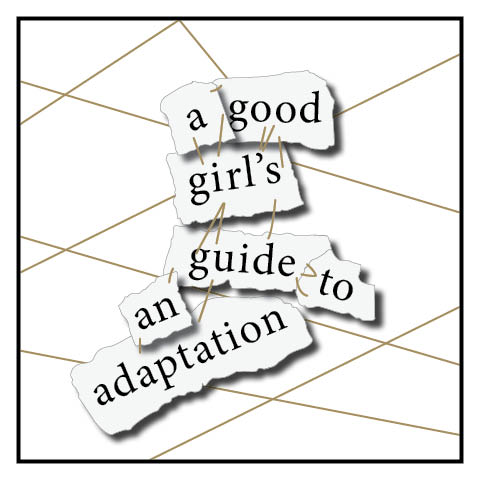“A Good Girl’s Guide to Murder” is the first book to a trilogy written by Holly Jackson that follows Senior Pippa Fitz-Amobi as she does her capstone project — investigating the Andie Bell case.
Five years ago, Andie Bell, a sweet and innocent girl, went missing. Andie’s boyfriend was soon proclaimed the killer after he took his own life and sent a text confessing to the murder. Pip’s town views Andie Bell as an angel and Sal — and his family — as a monster. However, Pip believes there’s more to the story.
We follow Pip as she investigates the case with Sal’s younger brother, Ravi, and learns more about Andie and Sal’s life. The book is brilliantly written and had me on the edge of my seat, trying to figure out the mystery for myself and worrying about Pip as she gets into more and more dangerous situations.
The TV adaptation, however, was lacking much of the suspense and charm the books had. Some characters were absorbed into each other, many characters felt flat and uninteresting, plot points were missing or changed, and relationships were underdeveloped.
Of course, there were a few things that I felt were improved upon or lived up to my expectation. The cinematography and score captured the mystery and suspense of the book, sets were interesting and realistic, and casting was pretty spot-on.
Now, I don’t blame the writer, she tried her hardest to keep the readers in mind. In an interview, she talked about the struggles she went through to keep readers’ favorite moments and characters.
“I’m proud of the show that we’ve made but ultimately I wasn’t the one writing it.” She said, “I made lots of suggestions and said things that I thought would be really important to book fans — that they would feel betrayed if they weren’t there — [but] ultimately it wasn’t my decision.”
She also explained the difficulties of adapting the book page for page. A lot of the book takes place in Pip’s head and in her room trying to piece the story together and find the killer. Jackson wanted to make the show more interesting and change or add certain plot points to keep the audience engaged.
Another thing that hinders the adaptations are the time constraints. It is very common now to see TV shows confined to eight one-hour episodes per season, but this forces writers to cram story beats and character development in, making the show feel rushed and not as developed.
So this begs the question — what makes a good adaptation? Is it best to keep the story and characters the exact same? Or is it okay to change things?
I think it’s most important to have the writer on board with the biggest say in what goes on. They are the ones who created the world and characters and they should continue that in the adaptation.
I also think being faithful to the source material is extremely important. It doesn’t need to be the same exact scenes, but it should feel like those scenes could have been in the book. Characters don’t need to say or do the exact same thing, but their actions in the adaptation should reflect their thoughts and feelings in the original.
The essence of the remake should be the same, and having the author working on it helps with that. I should feel the same watching it as I did reading it. I should be able to connect and root for the characters as much as I did in the original.
The themes and messages should be the same. The characters and plot don’t have to be identical, but they should be similar enough that they don’t change the meaning and purpose. It shouldn’t be trying to be an adaptation, it should be trying to do or say the same thing as the original.
A huge part of what determines the quality of the adaptation is the studio producing it. Oftentimes, the only reason they’re making it is to profit off the name. They don’t care how good it is, they know people will watch it anyway. It may be hard to find producers that truly care, but it is crucial in making an adaptation.
Overall, what makes a good book adaptation is giving the author say in decisions, choosing the right studio that cares about the product, and, most importantly, keeping the same essence of the original. It’s not just about the budget or the actors, it’s about the director’s passion for what they are creating and the message they are sending.
It’s extremely difficult to make everyone happy when creating something, especially a book series many fans have loved for a while, but it is possible to get close and expand upon a series that people love.
The “A Good Girl’s Guide to Murder” adaptation wasn’t awful, it was just lacking some of these aspects. The author wasn’t allowed creative freedom, the studio didn’t care enough to listen to her opinions, and the themes and essence strayed. It felt like only an adaptation, not a continuation of the books.
All in all, I still enjoyed the TV series and am excited to see the second and hopefully third season, but I hope they listen to critiques and are able to improve and make it more in line with what readers and fans were hoping for.




